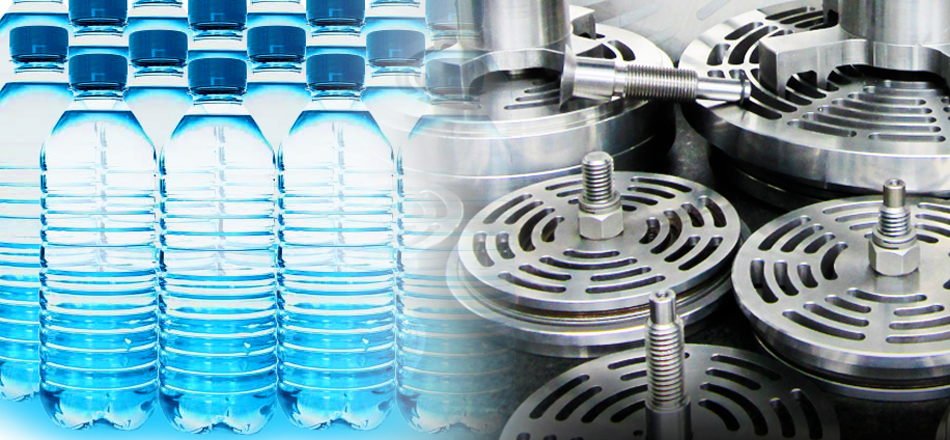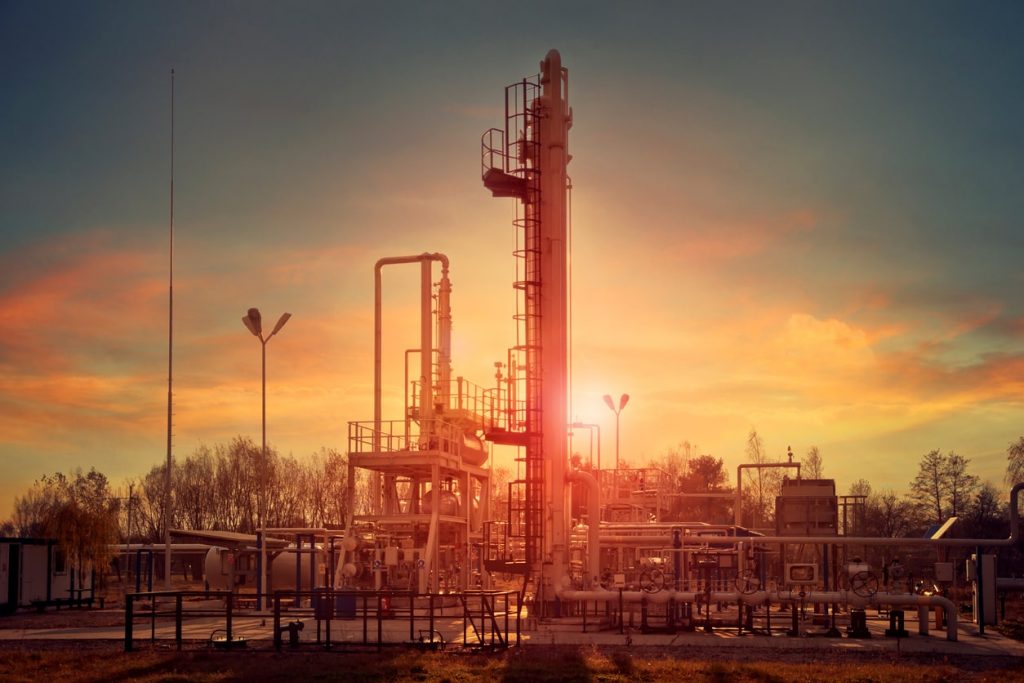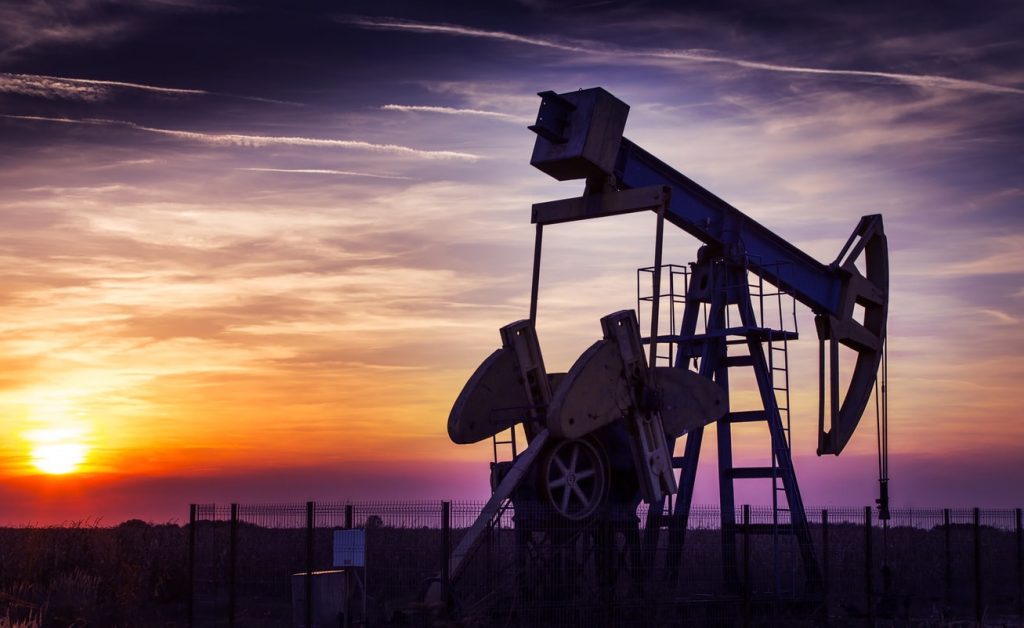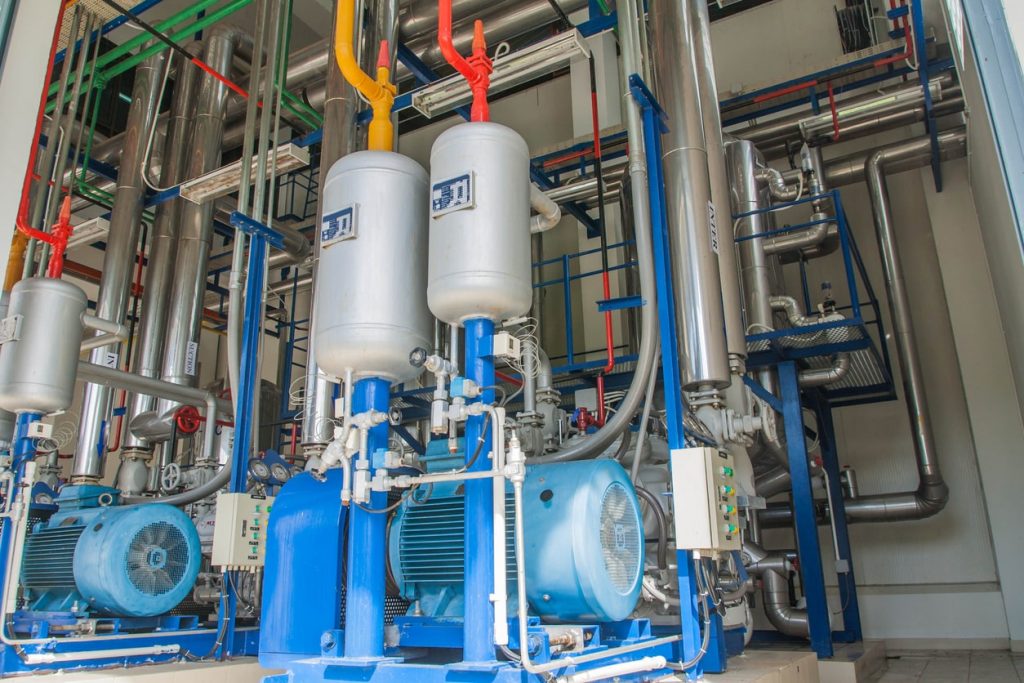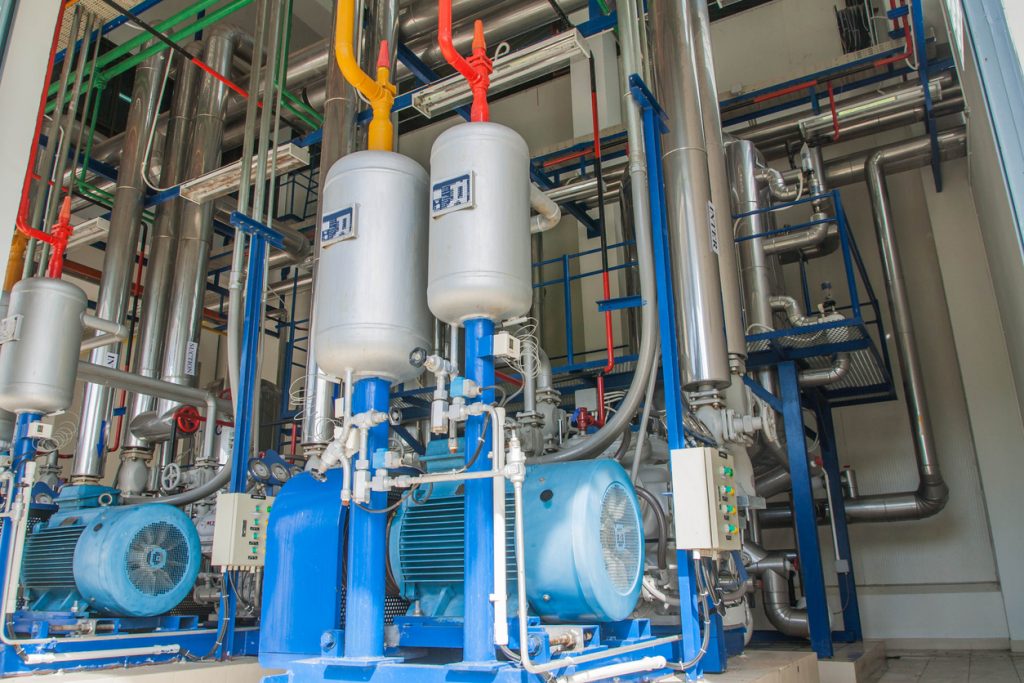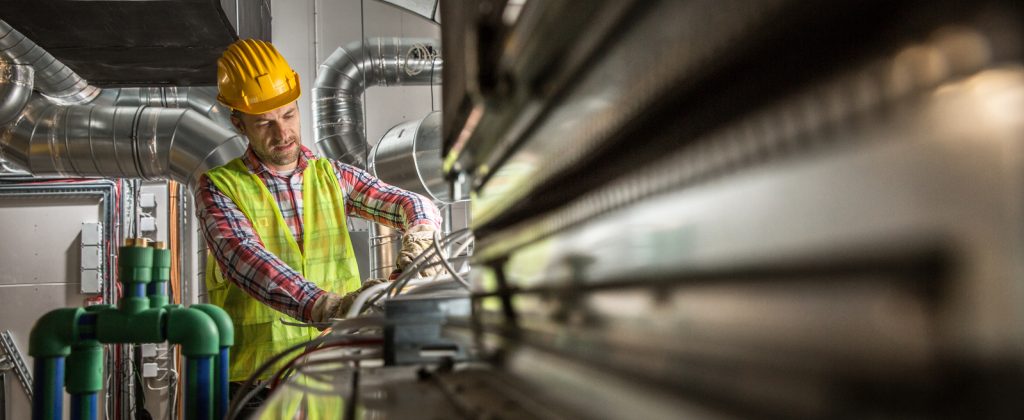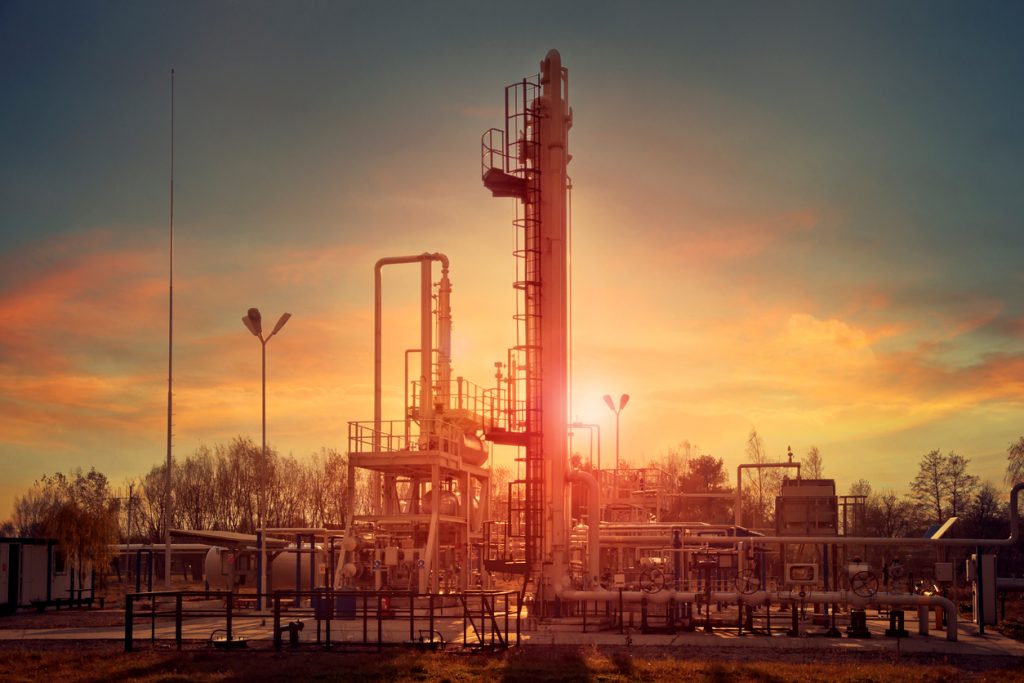Compressors
Reciprocating Compression: How It Works and Why It Matters
Reciprocating compression is a process where a piston moves back and forth within a cylinder to compress natural gas, converting mechanical energy into pressure energy. Widely used in industrial applications, it offers precise pressure control, high reliability, and adaptability. Proper understanding and maintenance ensure efficiency, longevity, and safe operation in demanding environments. Industrial and process…
Read MoreHow a P.E.T. Compressor Works, and Key Valve Parts to Stock
A P.E.T. compressor is designed to efficiently compress gases for industrial applications, ensuring consistent pressure and reliable operation. Its performance depends on well-maintained components, particularly valves, which control gas flow during compression cycles. Proper maintenance and stocking of key parts enhance durability, reduce downtime, and optimize system efficiency. Understanding how a P.E.T. compressor operates is…
Read MoreProcess Gas Compressor: Key Considerations for Industrial Applications
A process gas compressor is essential for industrial operations, providing reliable pressurization and transport of gases. Proper selection, maintenance, and monitoring ensure efficiency, safety, and longevity. Understanding design, materials, and operational requirements helps industries optimize performance, reduce downtime, and maintain compliance with industry standards, making the process gas compressor a critical component in demanding applications.…
Read MoreTroubleshooting Common Gas Compression Challenges
Gas compression systems are essential for industrial efficiency, but operational challenges can disrupt performance and increase downtime. Monitoring pressure, temperature, vibration, and lubrication helps identify early signs of mechanical or thermal issues. Implementing preventive maintenance and troubleshooting strategies ensures reliable gas compression, prolongs equipment lifespan, and maintains optimal system performance. Gas compression systems are vital…
Read MoreVibration Analysis Best Practices for Reciprocating Compressor Maintenance
Vibration analysis is essential for maintaining the reliability and efficiency of reciprocating compressors. By monitoring and interpreting vibration patterns, operators can detect early signs of imbalance, misalignment, or wear. Implementing regular vibration analysis reduces downtime, prevents costly failures, and supports predictive maintenance strategies for long-lasting, optimal compressor performance. Reciprocating compressors are essential in many industrial…
Read MoreAvoiding Common Pitfalls in the Compression Cycle to Reduce Downtime
Maintaining an efficient compression cycle is essential for industrial reliability and reduced downtime. By monitoring pressure, temperature, and mechanical components, and implementing proper lubrication, alignment, and preventive maintenance, operators can avoid common pitfalls. Optimizing the compression cycle ensures smooth performance, extends equipment life, and minimizes costly interruptions in critical operations. Industrial systems that rely on…
Read MoreUsing Hooke’s Law of Elasticity to Improve Compressor Valve Performance
Hooke’s law of elasticity explains how materials stretch or compress under force, with deformation directly proportional to the applied load within the elastic limit. In compressor valves, this principle helps engineers design components—like springs and seals—that flex reliably without permanent damage, improving performance, efficiency, and long-term durability. Compressor valve performance issues can often be traced…
Read MorePreventing Valve Slap to Maximize Reciprocating Compressor Uptime
Valve slap is a damaging impact that occurs when valve components in reciprocating compressors close or open too forcefully. It causes noise, vibration, reduced efficiency, and accelerated wear. Early detection and prevention—through proper maintenance, component alignment, and high-quality valve parts—are key to avoiding costly downtime and ensuring reliable compressor performance. Valve slap is a common…
Read MoreWhy Compressive Force Matters When Sourcing Durable Compressor Parts
Compressive force is the pressure a material can withstand without deforming or failing under load. It plays a critical role in the durability and performance of industrial components, especially in high-pressure systems. Selecting parts with high compressive strength ensures long-lasting reliability, safety, and optimal function across demanding applications. Compressor failures often stem from overlooked technical…
Read MoreBenefits of Using High-Speed Reciprocating Compressors in Industrial Applications
High-speed reciprocating compressors deliver fast, efficient gas compression for demanding industrial applications. With higher throughput, improved energy efficiency, and reduced maintenance downtime, they outperform traditional models. Their compact design and operational flexibility make them ideal for industries seeking reliable, high-performance solutions with lower long-term costs and enhanced productivity. Industrial facilities often face challenges related to…
Read More

